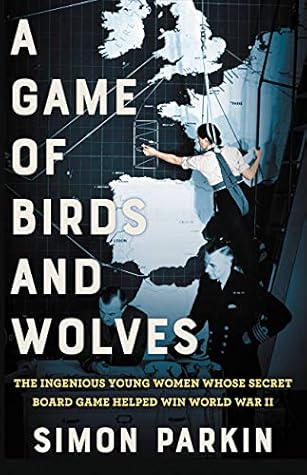More on this book
Community
Kindle Notes & Highlights
by
Simon Parkin
The atmosphere in the room was confused. The Germans, a mixture of naval captains and dockyard officers, joshed at tables on the periphery of the room. Roberts perceived in their deep and easy laughs an accent of hysteria, a tell, he reasoned, of the relief that follows the lifting of an immense psychological burden.5 The British officers, by contrast, sat in sombre quiet around a table in the middle of the room, contemplating the gravity of the victor’s clean-up task. The ecstasy of the vanquished; the misery of the vanquisher: the curious paradoxes of war.
Our adult wars are incomprehensible from anything but the stratospheric vantage point. There, where the grotesque detail of war’s human impact–the blitzed nursery, the mother’s hysterical phone calls, the lifeboats filled with slipper-less corpses–can no longer be made out, a war can be viewed as a conflict of ideas. Close up, however, war is senseless. For civilians, life becomes a series of overlapping scandals and outrages, each one a reaction to some new capricious tragedy.


